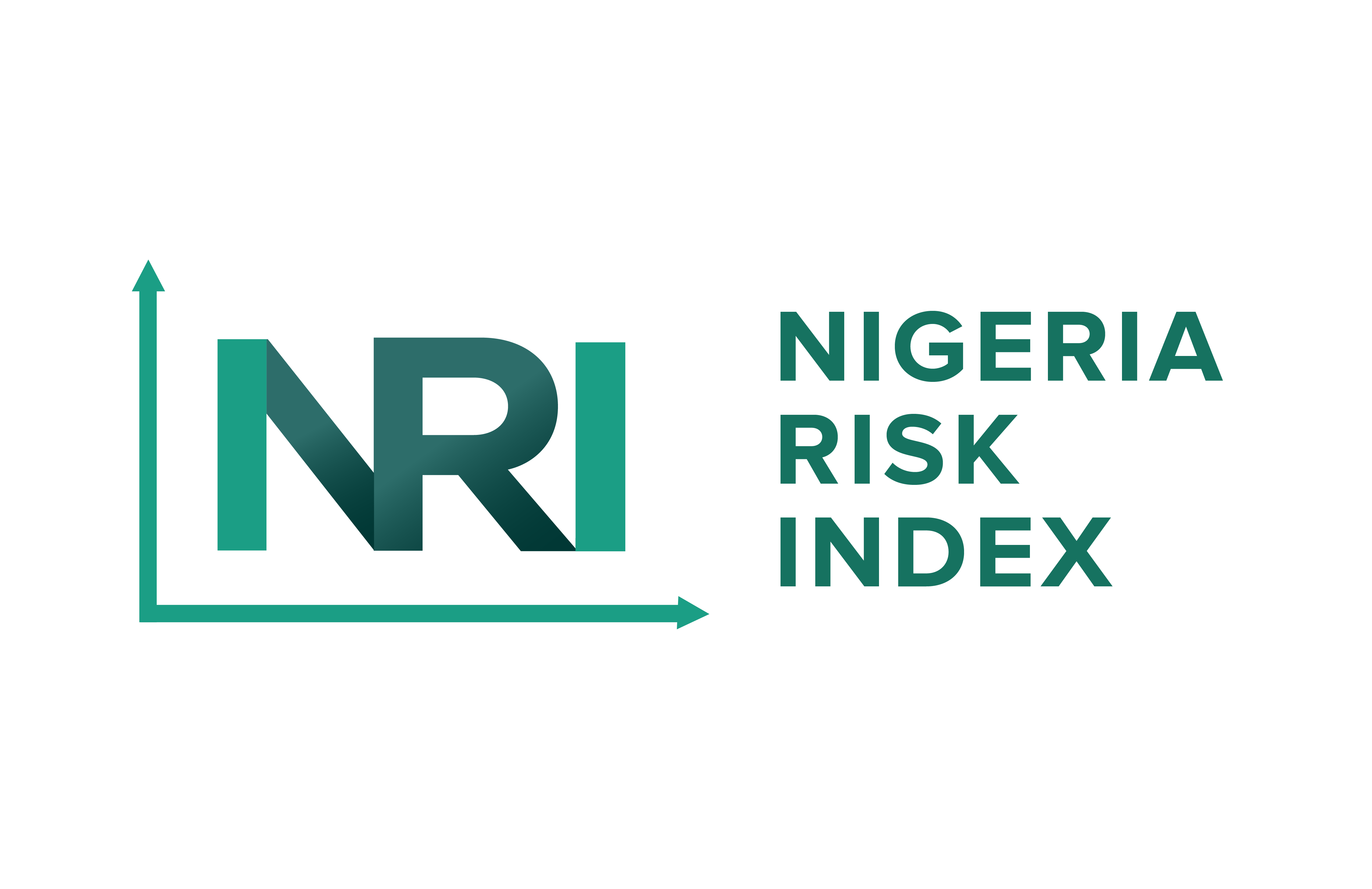Insights
In Nigeria, where various regions grapple with diverse security challenges, the repercussions for local businesses are significant and multifaceted. Security incidents ranging from petty theft to severe attacks such as kidnapping and terrorism not only pose immediate threats to safety but also precipitate broader economic consequences. These disruptions can undermine business confidence, deter investment, and stifle economic growth, making security a paramount concern for business owners and policymakers alike.
The environment created by frequent security incidents places substantial strain on businesses, which must navigate the precarious balance between maintaining operations and safeguarding assets and personnel. This article delves into the specific impacts of these security challenges on businesses, exploring the direct and indirect costs incurred and examining the adaptive strategies that companies have employed to mitigate risks and sustain growth. Through this lens, we aim to provide a comprehensive understanding of how security dynamics influence business operations in Nigeria, offering insights into both the challenges faced and the resilience demonstrated by the business community.
Understanding the Business Impact
Security incidents, ranging from theft and vandalism to more severe forms of violence like kidnapping and terrorism, can disrupt business operations in several ways:
- Direct Financial Loss: Incidents such as theft or property damage leads to immediate financial losses for businesses. The cost of replacing stolen goods or repairing damaged property can be substantial.
- Operational Disruptions: Security threats can disrupt the supply chain, affect employee availability, and lead to downtime, all of which reduce overall productivity and efficiency.
- Increased Operating Costs: Businesses often need to increase spending on security measures, including hiring private security services, installing advanced surveillance systems, and training staff in security practices, which all contribute to higher operating costs.
- Reputational Damage: Persistent security issues can tarnish a company's reputation, affecting customer trust and potentially leading to a decline in sales and profitability.
Strategies for Mitigating Security Risks
Businesses can adopt several strategies to lessen the impact of security incidents:
- Risk Assessment: Regular security audits and assessments can help businesses identify vulnerabilities and tailor their security measures accordingly.
- Community Engagement: Building strong relationships with local communities can enhance security. Community members often serve as the eyes and ears on the ground, providing early warnings about potential security threats.
- Technology Adoption: Advanced technology, such as AI-driven surveillance and biometric security systems, can significantly enhance a company's ability to monitor and respond to security incidents.
- Staff Training: Educating employees on security protocols and situational awareness can empower them to act decisively and safely during security incidents.
The economic vitality of local businesses is crucial for Nigeria's overall stability and growth. By understanding the impact of security incidents and implementing effective mitigation strategies, businesses can not only protect their operations but also contribute to the broader goal of national security.

The Risk Control Team
Related Blog Posts
- GENOCIDE OF CHRISTIANS – IS NIGERIA GUILTY AS CHARGED?
- Is Nigeria under President Tinubu’s Administration, Finally Controlling Its Economic Risks?
- Northern Nigeria’s Peace Deals With Bandits: Truce or Time Bomb?
- The Dangote-Transporters Impasse: A Clash of Modernisation and Tradition
- Nigeria’s Mandatory Taxpayer Identification Number (TIN)Policy
